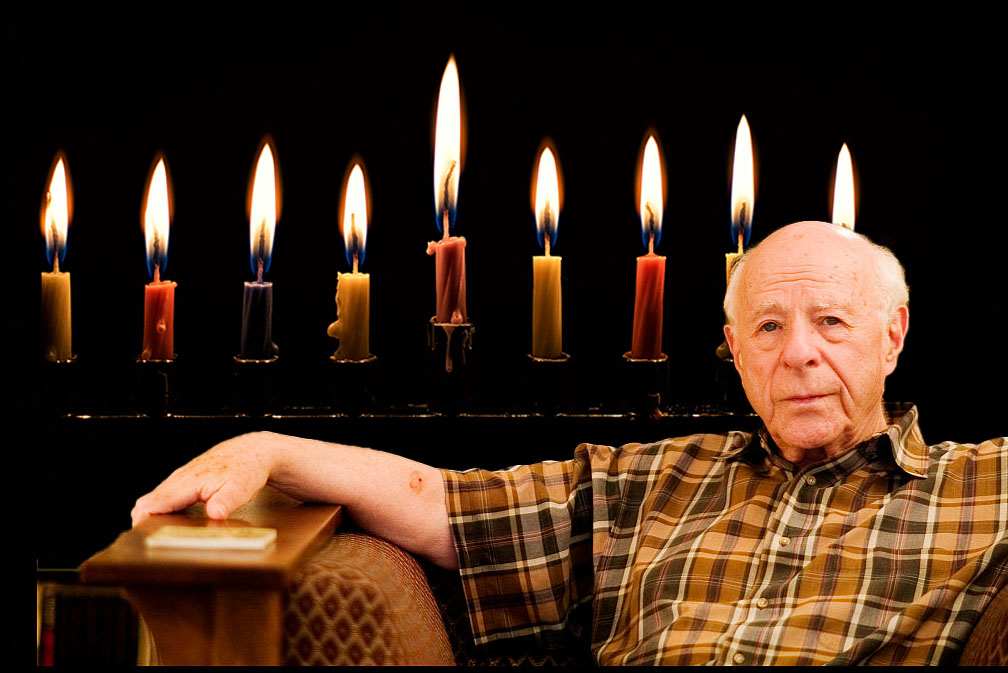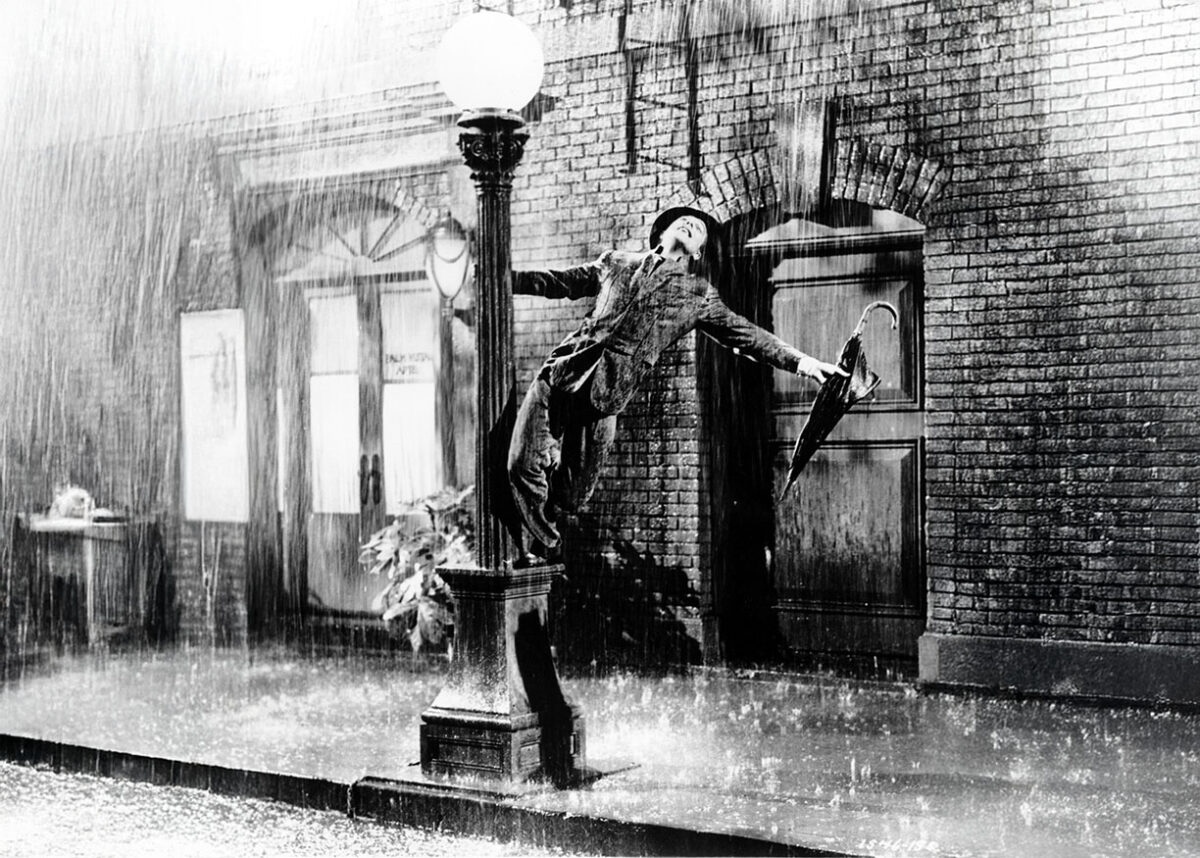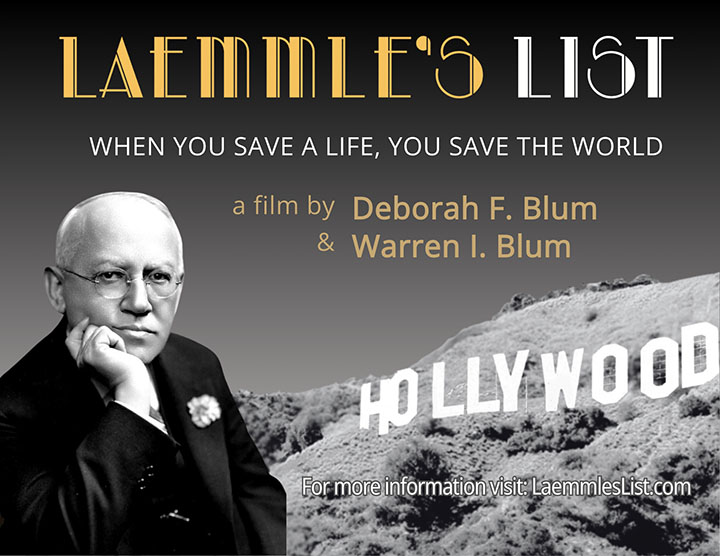The day before he discovered the novel “House of Sand andFog” in 2001, Vadim Perelman asked his chauffeur to drive him to a slum insuburban Rome. Perelman, a successful commercial director, was in Italy on anAT&T shoot. But he wanted to return to the tenement that had been his homewhen he arrived from Kiev with his mother in 1977.
The Jewish émigré hoped to revisit the decrepit flat wherethey had lived without glass in the windows and with dead animals in thestreets. He wanted to see the room in which he had lain deathly ill, treated bya veterinarian because a doctor was too expensive. He wanted to walk thestreets where he had pumped gas for change, guarding his turf against viciousgang members.
“I almost died there many times,” he said.
So when his chauffeur refused to drive him deep into theslum that day in 2001, Perelman, now 40, walked the 10 blocks alone to his oldbuilding. He found his former landlady and silently sat in her apartment, undera naked light bulb, as she served him a glass of rancid wine. As he got up toleave, he placed $5,000 on the rickety table.
“I felt like I was giving the money to her, but I was alsogiving it to myself, back then,” he said with emotion. “I was seeing this14-year-old boy lying there with his throat closed off, having the vet cut intoit just to keep him alive. And I walked out of that place like I was walking onair. I felt like I had closed one of the circles of my life — and there was agift at the end.”
The “gift” was Andre Dubus III’s bestseller, “House of Sandand Fog,” which he bought at the Rome airport, and which revolves aroundanother set of desperate people and a rundown home. The story tells ofrecovering drug addict Kathy Nicolo, who is evicted from her NorthernCalifornia bungalow as the result of a bureaucratic error. The bungalow is thenbought for a pittance by Iranian immigrant Col. Massoud Amir Behrani, a formeraristocrat reduced to working menial jobs to support his wife, Nadi, and theirson. For Behrani, the house represents a last shot at the American dream.
“I read the novel on the plane and I wept,” Perelman said.”I immediately knew I had to turn it into a movie.”
Like the book, the film, which stars Jennifer Connelly andBen Kingsley, “is about loneliness and being cast out,” he added. “[It’s] aboutbeing an immigrant in a new country and, with regard to Kathy, about feelinglike an immigrant in your own country.”
Perelman brought his Russian aesthetic to the melodrama:”It’s a great, operatic tragedy,” he said.
The intense director told his life story over steak salad ata cafe near his Hancock Park home, it sounded like the stuff of melodrama.Until he was 14, he lived with eight relatives in a one-room Kiev apartment,sharing a bathroom with 60 neighbors.
On New Year’s Eve, when he was 7, his paternal grandfather,”a strong bull of a man, poured himself this giant glass of vodka, toasted us,drank it down and fell over dead,” he recalled. Soon after, Perelman’s maternalgrandfather, who had survived four heart attacks, summoned him and said, “I’mgoing to tell you a secret. I’m going to die today.” (He did.) The followingyear, Perelman’s grandmother was fatally hit by a streetcar and his father diedin a car crash.
Seeking a new life, Vadim and his mother took advantage ofthe Soviet Union’s then-permissive Jewish emigration policy and applied forexit visas.
“It felt very Holocaust-like,” he recalled of the trainjourney West. “That whole mass movement of Jews, with all their cr–, fearfuland not knowing where they were going.”
As they traveled from Vienna to Rome, he supported hismother emotionally and financially, who was as shell-shocked as the fictionalNadi. Books were his only companions as he worked a series of odd jobs,sleeping on park benches when he missed the last bus home. But when his mothermarried a man he despised after they settled in Edmonton, Canada, he moved out,left school and joined a gang of teenagers who “broke into houses and robbedplaces,” he said.
A night in jail convinced Perelman to go straight four yearslater; he promptly earned his GED and enrolled at the University of Alberta,where a film appreciation class changed his life during his sophomore year. Theepiphany came as he viewed a documentary on the making of Norman Jewison’s”Fiddler on the Roof”: “I saw the director creating his own little world and Irealized I wanted to do that,” he said. “I walked out of that classroom as hugesnowflakes were falling and I thought, ‘I know what I want to do with mylife.'”
He didn’t attempt his first feature film, however, until hediscovered “Fog” in 2001; securing the rights wasn’t easy. The author hadalready turned down more than 130 directors, Dubus told The Journal in atelephone interview.
“I didn’t feel that a story with this kind of darkness wouldget out of Hollywood alive,” he said. “And Vadim had an additional strikeagainst him: He was a commercial director.”
Undaunted, Perelman phoned Dubus and, over the course of 90minutes, recounted his life story. Dubus, who had also grown up poor, with asingle mother, identified with the director. Intuitively, he felt Perelmanwasn’t going to “reduce the story into a digestible, Big Mac version of thebook,” he said
The film, co-written by Shawn Lawrence Otto, closely followsthe novel’s tragic trajectory. Newsweek recently noted that while it “is one ofthe most impressive debuts since ‘American Beauty,’ it may be just too bleak[to earn an Oscar nomination].”
Perelman — who hopes to adapt Jerzy Kosinski’s Holocaustnovel, “The Painted Bird” — believes the melodrama has purpose. He cited howreading tragic novels helped him endure difficulties in Rome and beyond.
“I’ve seen death and I’ve seen catastrophe, so I know howsuch stories can help people,” he said. “It’s something the audience canexperience vicariously so they may live through their own tragediesgracefully.”
“House of Sand and Fog” opens today in Los Angeles. Â
































